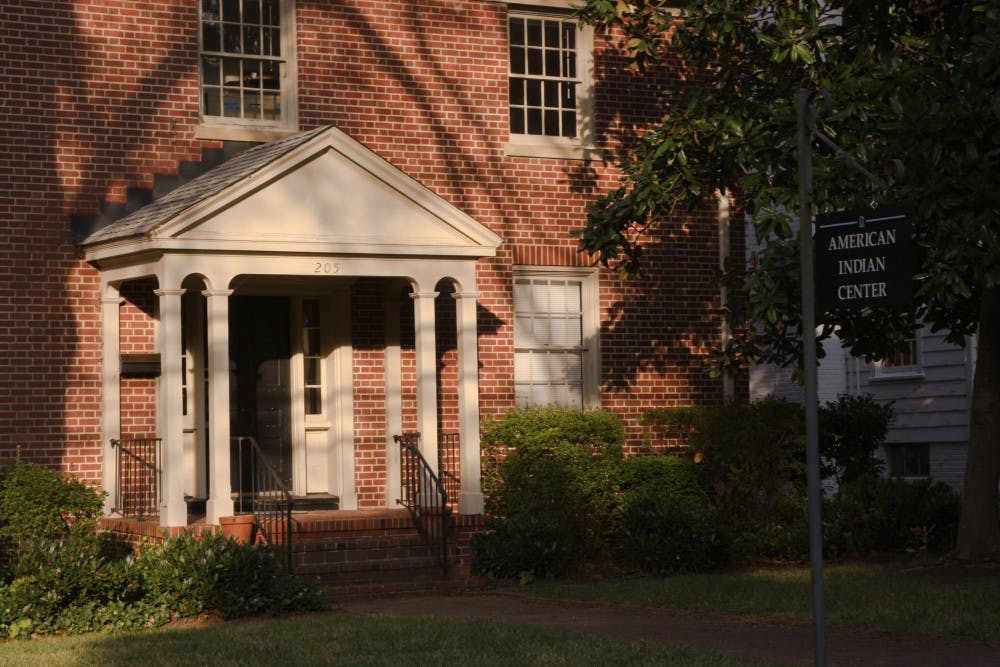UNC will officially recognize the second Monday of October as Indigenous Peoples' Day following years of petitions from the Carolina Indian Circle.
UNC issued a proclamation Sunday to recognize the day and to “commend its observance to all members of the University community.” It also acknowledges that UNC was built on land originally belonging to the Enos, Occaneechis, Shakoris and Sissipahaws.
“It is our collective responsibility to recognize and honor the land that is currently home to the University as historically aboriginal territories and Indigenous lands,” Chancellor Kevin Guskiewicz, Vice Provost for Academic and Community Engagement Joseph Jordan and the UNC American Indian Center Staff and Consulting Team said in the proclamation.
The date was formerly blank on UNC’s academic calendar, though the Town of Chapel Hill, Carrboro and the state of North Carolina all previously proclaimed it as Indigenous Peoples' Day.
The Carolina Indian Circle petitioned the University for recognition of the day in 2020 and again in 2021, receiving over a thousand signatures by Sunday night.
A 2020 article published in Scalawag Magazine revealed that UNC expropriated hundreds of thousands of acres of Cherokee and Chickasaw land. And in the fiscal year from 1834 to 1835, land sales made up to 94 percent of the University’s budget. Sunday’s proclamation states that “the University benefited from the sale of land originally belonging to Native nations.”
“I fully support our proclamation recognizing Indigenous Peoples’ Day,” Chancellor Kevin Guskiewicz said in a statement to The Daily Tar Heel. “We must stand together to honor their significant contributions to our community, both past, and present. This recognition also serves as an opportunity to celebrate Indigenous peoples’ thriving cultures, traditions, and values that have helped make Carolina what it is today.”
UNC had previously discussed implementing a land acknowledgment project. Former American Indian Center Director Larry Chavis, who was asked to write the land acknowledgment, said at a February Faculty Council meeting that the experience felt like “writing my own thank you note for a gift that was taken from me.”
Chavis announced his intent to resign as director of American Indian Center at a Faculty Council meeting in March due to the lack of funding and lack of proper pay for staff.




